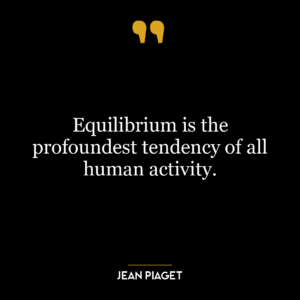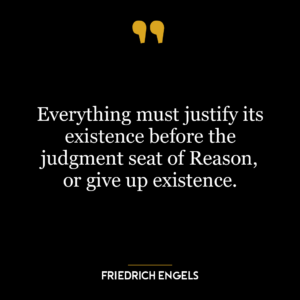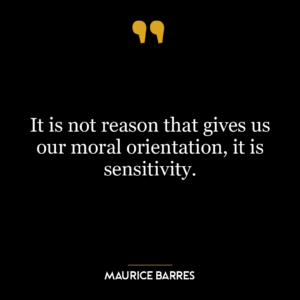“History should be written as philosophy” is a thought-provoking quote that suggests history should not merely be a record of events, but a deep analysis of those events, their causes, and their effects. It implies that history should be studied and written with a philosophical lens, seeking to understand the underlying motivations, societal forces, and human nature that drive historical events.
Writing history as philosophy means looking beyond the surface of events. Instead of just stating what happened, it involves examining why it happened, what it means, and what it can teach us. It’s about drawing connections, identifying patterns, and extrapolating lessons. It’s about understanding the human condition, societal structures, and the forces that shape our world.
In this sense, history becomes more than a mere chronicle of past events. It becomes a tool for understanding the world, a way of gaining insight into human nature and society, and a means of learning from the past to inform the future.
Applying this idea to today’s world could mean using history not just to remember the past, but to understand the present and guide the future. For instance, by studying the causes and effects of past conflicts, we can better understand the roots of current conflicts and potentially find ways to resolve or prevent them. By examining the societal changes that led to past revolutions, we can gain insights into current societal shifts and perhaps predict future ones.
In terms of personal development, this idea could be applied by using our personal history as a tool for self-understanding and growth. Instead of simply remembering our past experiences, we can analyze them, seek to understand the forces that shaped them, and draw lessons from them. We can use our past not just as a record of what we’ve done, but as a guide to who we are and who we want to become.


















